Understanding the Causes of Night Sweats During Menstruation
Understanding the Causes of Night Sweats During Menstruation
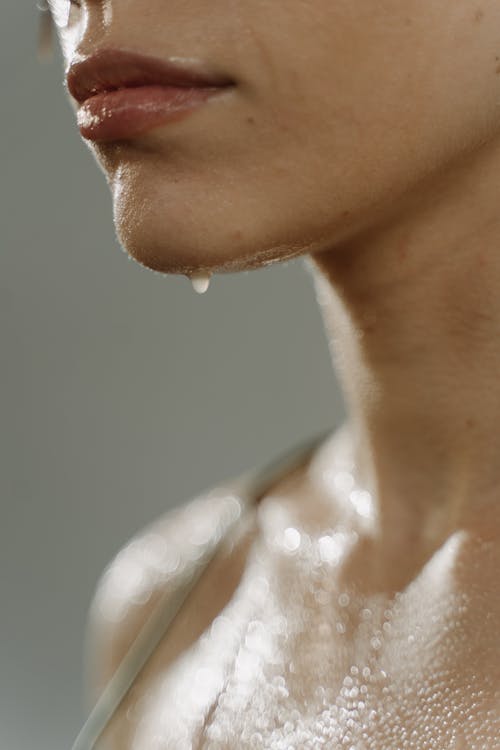

Have you ever experienced sudden heat and sweating during your sleep, leaving you wondering what could be causing it? While night sweats are commonly associated with menopause, they can also occur during menstruation. Hormonal fluctuations throughout your menstrual cycle play a significant role in this phenomenon. When you're on your period, the levels of estrogen and progesterone in your body drop, leading to night sweats.
To ensure a restful night's sleep, it's important to understand the causes of night sweats during menstruation and learn how to minimize them.
Understanding the Reasons for Night Sweats During Menstruation
Night sweats during your menstrual cycle can be attributed to various factors. One common occurrence is experiencing night sweats before your period, which is often associated with premenstrual syndrome (PMS). Fluctuations in hormone levels, particularly estrogen and progesterone, play a significant role in this symptom. Estrogen, in particular, helps regulate body temperature, and when its levels decrease, it can lead to an increase in body temperature and subsequent night sweats.
Managing Night Sweats Related to Menstruation for Better Sleep
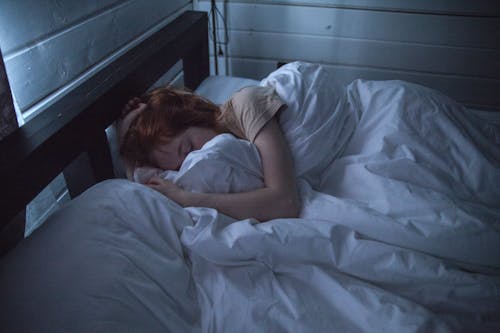

Dealing with night sweats during your period can disrupt your sleep and make it difficult to perform daily tasks. However, there are strategies you can employ to minimize these symptoms and promote better sleep during this time.
Choose Loose and Breathable Sleepwear
During your period, it's important to select sleepwear that promotes airflow and helps regulate your body temperature. While polyester or flannel may be ideal for warmth during winter, they may not be the best choice for managing night sweats. Instead, opt for pajamas made from breathable fabrics such as cotton, linen, or rayon. These materials allow for better air circulation, preventing the trapping of heat and helping to keep your body cooler throughout the night.
Experience Comfort with Soft, Breathable, and Moisture-Wicking Period Swimwear
Proof period swimwear offers a solution to combat odors and keep you feeling fresh. Their underwear is thoughtfully designed with a moisture-wicking lining, ensuring you stay dry and comfortable throughout the day and night. While it might not be possible to eliminate night sweats completely during your period, opting for proof period underwear can provide added comfort and help you get the restful sleep you need.
Maintaining a Comfortable Room Temperature


Creating a comfortable sleeping environment can help alleviate night sweats during your period. While the optimal temperature for sleep is generally between 62 and 68 degrees Fahrenheit, you may need to adjust this to accommodate others in your home who don't experience night sweats.
To regulate your own temperature, try using a fan in your bedroom to cool the air or keep a glass of cold water nearby for quick refreshment. Investing in bed sheets specifically designed to promote coolness throughout the night can also be beneficial. By implementing these strategies, you can optimize your sleep environment and better manage night sweats during your period.
Enhancing Coolness with a Cold Pack Under the Pillow
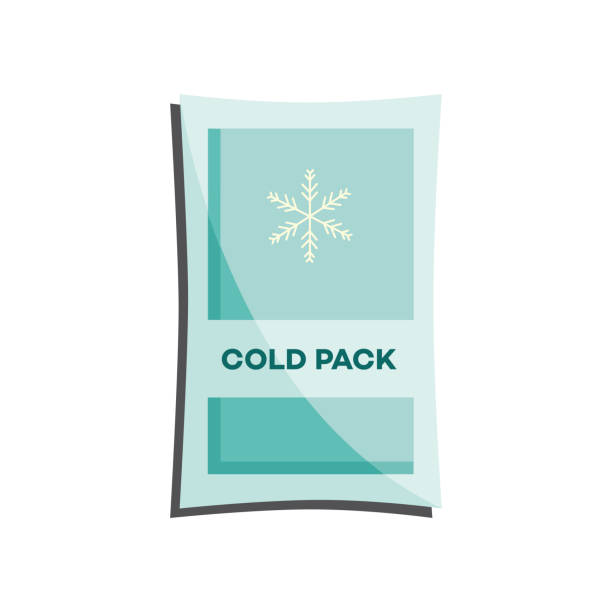

When it comes to keeping your body cool during sleep, don't overlook the importance of your pillow. If you're seeking a quick cooling solution, try using a cooling gel pack. Simply place the gel pack under your head or beneath your pillow to enjoy its refreshing effect. Alternatively, you can opt for a cooling pillow cover, which utilizes advanced NADA-grade technology to prevent heat from penetrating the pillow. Another option is to invest in a pillow that combines the convenience of a gel pack with a breathable design. These gel-infused pillows are specifically engineered to absorb heat, ensuring a consistently cool sleeping surface. By incorporating these cooling pillow options, you can enhance your comfort and minimize night sweats during your period.
Avoiding Nighttime Triggers: Spicy Foods and Caffeine
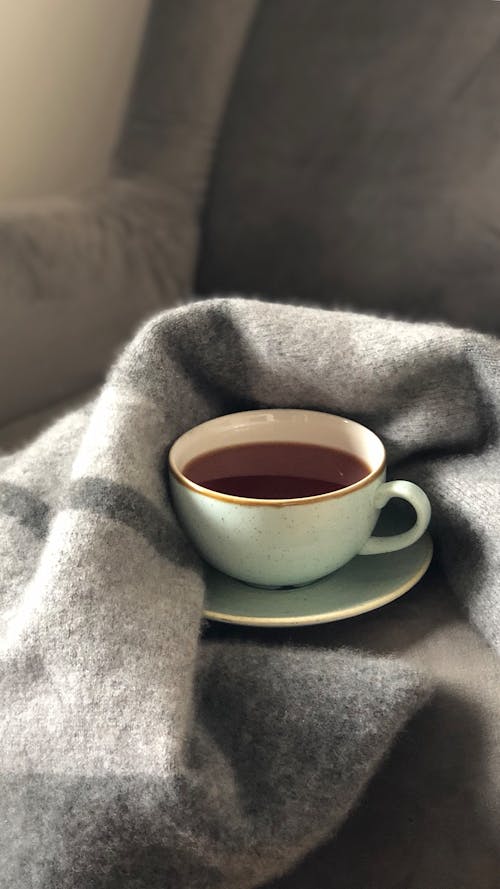



It's important to be mindful of the food you consume, as it can have an impact on your body, including night sweats. Spicy foods, such as those containing capsaicin found in peppers like jalapeños, can stimulate the nervous system and lead to increased body temperature and sweating as the body attempts to regulate the perceived heat. Similarly, foods like garlic, onion, and acidic options may also contribute to night sweats.
Additionally, it's well-known that consuming caffeine before bed can interfere with sleep. However, excessive caffeine intake at any time can also contribute to night sweats. Caffeine acts as a stimulant, which can overactivate the nervous system and elevate body temperature.
To minimize night sweats, it is advisable to limit or avoid the consumption of spicy foods, garlic, onion, and acidic foods in the evening. Additionally, moderating caffeine intake throughout the day can help regulate body temperature and reduce the occurrence of night sweats.
Cool Down with a Cold Shower
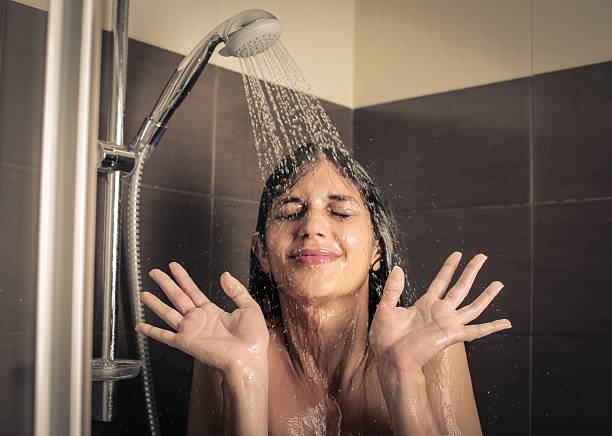

A cold shower offers numerous health benefits, including immune system enhancement and improved blood circulation. Moreover, taking a cold shower before bedtime can help regulate your body temperature and promote a cooler sleep environment. When taking a cold shower, pay particular attention to running the cool water over your neck and scalp, as these areas help dissipate heat effectively. Afterward, allow your hair to air dry naturally while you prepare for sleep, ensuring you maintain a refreshed and cool sensation as you drift off.
Promote Relaxation with Mindfulness and De-Stressing Exercises
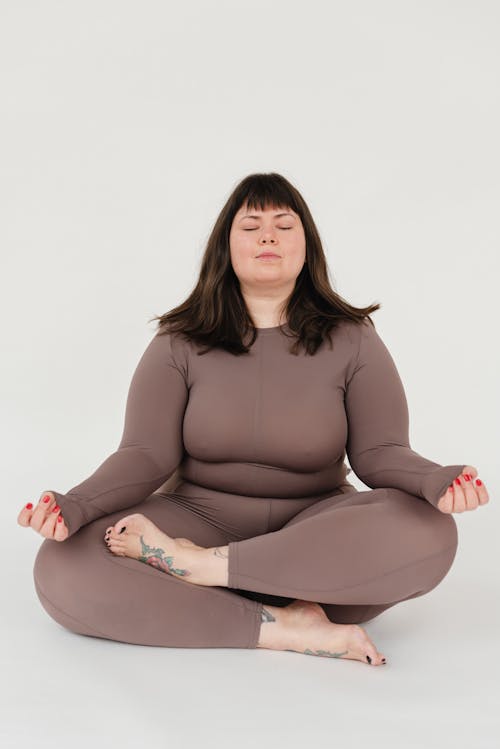

Stress and anxiety can contribute to night sweats and sleep difficulties. To counteract these effects, incorporating mindfulness and de-stressing exercises into your bedtime routine can be beneficial.
- Create a Peaceful Sleeping Environment: Set the stage for relaxation by creating a calm and peaceful environment in your bedroom. Dim the lights, play soothing music, and ensure your sleeping space is clean and clutter-free.
- Journal Your Feelings: Take a few minutes before bed to write down your thoughts and emotions in a journal. This helps to release any pent-up feelings and allows you to process them, promoting a sense of mental calmness.
- Take a Cool Shower: Prior to bedtime, consider taking a cool shower to lower your body temperature and promote a sense of relaxation. The cool water can help soothe your body and prepare it for sleep.
- Write Stresses Down: If you find your mind racing with worries and concerns, jot them down on a notepad. This practice allows you to acknowledge these thoughts and "save" them for the next day, giving your mind permission to let go and promoting a more peaceful sleep.
- Avoid Blue Light Exposure: Minimize exposure to electronic devices emitting blue light, such as smartphones and laptops, as they can disrupt your sleep-wake cycle. Instead, engage in calming activities like reading a book or practicing relaxation techniques.
- Limit Alcohol and Caffeine: Both alcohol and caffeine can interfere with sleep quality and exacerbate night sweats. Limit your intake of these substances, especially in the hours leading up to bedtime.
- Practice Yoga or Meditation: Engage in calming exercises such as yoga or meditation to relax your mind and body. These practices promote deep breathing and help alleviate stress, making it easier to fall asleep and reducing the likelihood of night sweats.
By incorporating these mindfulness and de-stressing techniques into your bedtime routine, you can reduce stress levels, enhance relaxation, and improve your overall sleep quality.
Is Menopause the Cause of Your Night Sweats?
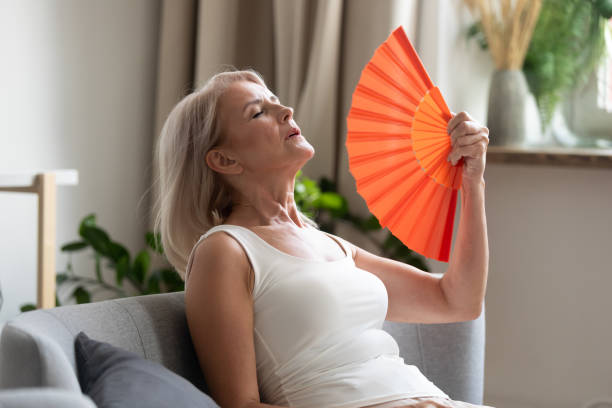

Night sweats are indeed a common symptom of menopause. Around 75% of women experience night sweats during the premenopause and menopause stages of their lives. While night sweats are most commonly associated with nighttime episodes, they can also occur during the day. The duration of night sweats can vary, typically lasting anywhere from 6 months to 2 years. In rare cases, some women may experience night sweats for a longer period of time.
If you are experiencing night sweats and are in the age range typically associated with menopause (around 45 to 55 years old), along with other symptoms such as irregular periods, hot flashes, mood swings, and vaginal dryness, it is possible that menopause may be the cause of your night sweats. However, it's important to consult with a healthcare professional for an accurate diagnosis and to discuss appropriate treatment options or management strategies.
Keep in mind that there can be other potential causes of night sweats, such as medications, hormonal imbalances, infections, and certain medical conditions. A healthcare provider will be able to evaluate your specific situation and provide guidance tailored to your needs.
Knowing When to Seek Medical Advice for Night Sweats
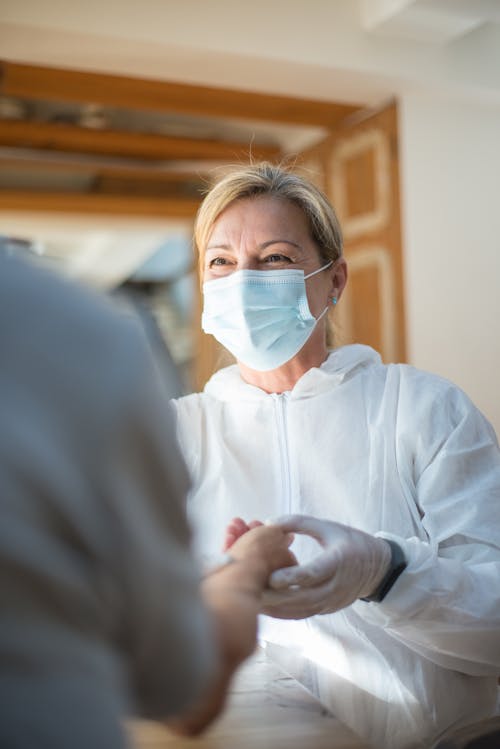

While night sweats during your period are generally considered normal, there are certain situations where it may be advisable to consult a healthcare professional. If your night sweats are significantly impacting your daily life or if they are accompanied by any of the following symptoms, it is recommended to seek medical advice:
- Irregular periods: If your periods are consistently irregular or if there are significant changes in your menstrual cycle patterns, it could be a sign of an underlying hormonal imbalance or other medical condition.
- Pain during sex: If you experience persistent pain or discomfort during sexual intercourse, it is important to discuss this with a healthcare provider, as it may indicate an underlying gynecological issue.
- Unexplained weight loss: If you are experiencing unexplained weight loss alongside night sweats, it could be a sign of a more serious underlying condition that requires medical evaluation.
- Decreased libido: If you have noticed a significant decrease in your sex drive or changes in your sexual desire, it may be worth discussing with a healthcare professional to explore potential underlying causes.
- Insomnia: If night sweats are causing significant sleep disturbances and insomnia, impacting your overall well-being and quality of life, it is advisable to seek medical attention to address and manage the underlying causes.
Remember, it is always better to consult with a healthcare provider for a proper evaluation and diagnosis. They will be able to assess your specific symptoms, medical history, and perform any necessary tests to determine the underlying cause and provide appropriate treatment or management options.

















































































































Leave a comment
Please note, comments need to be approved before they are published.